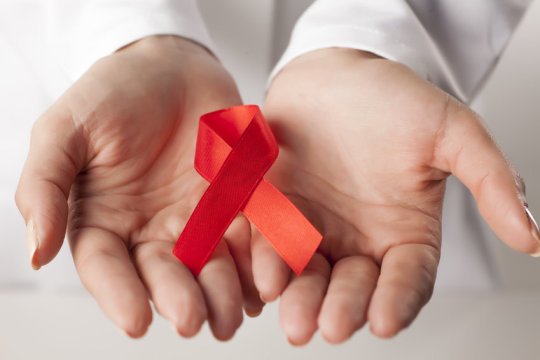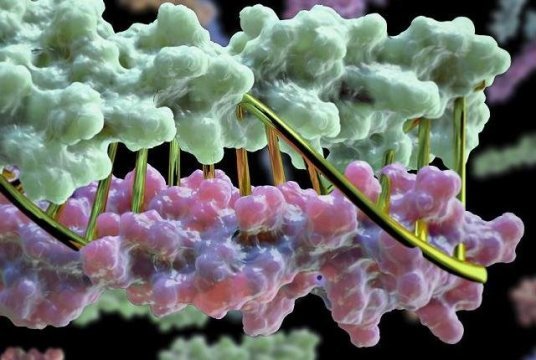Higher collective consumption of sweetened fruit drinks, soda, and water was associated with a higher likelihood of developing chronic kidney disease (CKD) in a community-based study of African-American adults in Mississippi. The findings, which appear in an upcoming issue...
If only we could keep our bodies young, healthy and energetic, even as we attain the wisdom of our years. New research at the Weizmann Institute of Science suggests this dream could be at least partly obtainable in the...
People who are less likely to put on excess fat around their hips due to their genes are at higher risk of type 2 diabetes and heart attacks, according to a new study led by scientists from the Medical...
The fatty acid propionate helps defend against the effects of high blood pressure, including atherosclerosis and heart tissue remodeling, a study on mice has found. Gut bacteria produce the substance—which calms the immune cells that drive up blood pressure—from...
We like to keep the air in our homes as clean as possible, and sometimes we use HEPA air filters to keep offending allergens and dust particles at bay.
But some hazardous compounds are too small to be trapped in...
Continuous indoor exposure to second-hand tobacco smoke triggers changes in the heart's electrical activity, known as cardiac alternans, that can predict cardiac arrhythmia and sudden cardiac death, a new study from UC Davis Health researchers shows.
The authors believe the...
For more than 20 years, scientists at Scripps Research have chipped away at the challenges of designing an HIV vaccine. Now new research, published in Immunity, shows that their experimental vaccine strategy works in non-human primates.
The new study shows...
More than 700 million adults and children worldwide are obese, according to a 2017 study that called the growing number and weight-related health problems a "rising pandemic."
New battery-free, easily implantable weight-loss devices developed by engineers at the University of...
Himalayan marmots can survive at altitudes up to 5,000 meters in the Himalayan regions of India, Nepal, and Pakistan and on the Qinghai-Tibetan Plateau of China, where many of them face extreme cold, little oxygen, and few other resources....
Proteins have now been designed in the lab to zip together in much the same way that DNA molecules zip up to form a double helix. The technique, whose development was led by University of Washington School of Medicine...
As legal access to marijuana continues expanding across the U.S., more scientists are studying the effects of its active ingredient, tetrahydrocannabinol (THC), in teens, adults and pregnant women.
New research from Duke Health suggests men in their child-bearing years should...


















